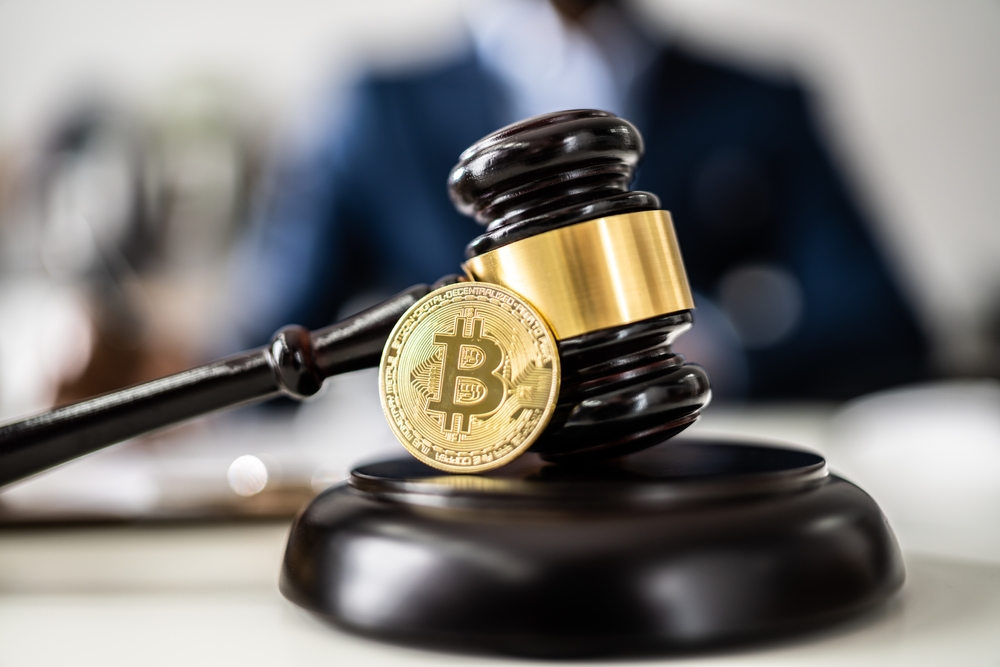Camp Drops: Your Gateway to the Great Outdoors
Explore tips, gear reviews, and adventure stories for outdoor enthusiasts.
Crypto Regulation Updates: Riding the Regulatory Rollercoaster
Stay ahead of the curve with the latest crypto regulation updates! Join us on the wild ride of ever-changing rules in the crypto world.
Understanding Key Crypto Regulation Changes: What You Need to Know
The world of cryptocurrency is rapidly evolving, and key crypto regulation changes are pivotal in shaping its future. As governments and regulatory bodies worldwide strive to implement frameworks that balance innovation with consumer protection, understanding these changes is critical for investors, developers, and enthusiasts alike. Recent moves, such as the SEC's updated guidelines on digital asset classification and the EU's MiCA (Markets in Crypto-Assets) regulation, highlight the focus on transparency and compliance. As a result, participants in the crypto space must stay informed to adapt to these new legal landscapes effectively.
Moreover, the implications of these crypto regulation changes extend beyond mere compliance; they impact market dynamics, investment security, and the overall credibility of the digital asset ecosystem. For instance, countries enforcing strict regulations may deter nefarious activities but also stifle innovation and investment. Conversely, regions adopting more progressive frameworks can attract crypto businesses and investors, fostering growth and economic benefits. As such, it is essential to monitor these shifts and consider how they may affect your involvement in cryptocurrency, ensuring that you remain ahead of the curve in this fast-paced environment.

Counter-Strike is a highly competitive first-person shooter game that has gained a massive following since its release. Players can engage in team-based gameplay, focusing on tactics and strategy. Many fans also enjoy the thrill of betting on matches, using platforms that offer promotions, such as the betpanda promo code for additional bonuses.
Navigating the Global Landscape of Cryptocurrency Regulation: Challenges and Opportunities
The global landscape of cryptocurrency regulation is marked by a complex interplay of challenges and opportunities, shaped by differing national agendas and cultural attitudes towards digital currencies. As governments and regulatory bodies strive to establish frameworks that foster innovation while protecting investors, they face the daunting task of balancing effective regulation with the inherent decentralized nature of cryptocurrencies. For instance, in regions like the European Union, discussions are ongoing regarding comprehensive regulatory solutions, particularly in light of recent cryptocurrency market volatility, which poses questions about protective measures for consumers.
Despite these challenges, the evolving regulatory environment also presents significant opportunities for growth and development within the cryptocurrency sector. Embracing well-defined regulations can lead to increased institutional adoption, as clear guidelines help demystify digital assets for both investors and businesses. Countries that proactively adapt to this rapidly changing landscape can position themselves as global leaders in cryptocurrency innovation, attracting investment and talent. As this regulatory framework continues to take shape, stakeholders—from policymakers to developers—must collaborate to ensure that regulations neither stifle innovation nor compromise security.
Is Your Crypto Investment Safe? Exploring the Impact of New Regulatory Measures
As the cryptocurrency market continues to evolve, investors are increasingly concerned about the safety of their crypto investments. Recent developments in regulatory measures have introduced new frameworks aimed at protecting investors while fostering innovation within the industry. Governments across the globe are striving to strike a balance between ensuring market integrity and enabling growth in the digital economy. Understanding these regulations is crucial for investors, as they can significantly impact the security and viability of crypto assets.
One of the primary objectives of these new regulations is to enhance transparency across the crypto space. For example, these measures may include Know Your Customer (KYC) requirements and mandatory reporting for large transactions. Such initiatives not only help mitigate risks associated with fraud and money laundering but also aim to build trust among investors and financial institutions. As the landscape changes, staying informed about these regulatory updates will be key to navigating the complexities of the crypto market and ensuring that your investments remain as secure as possible.